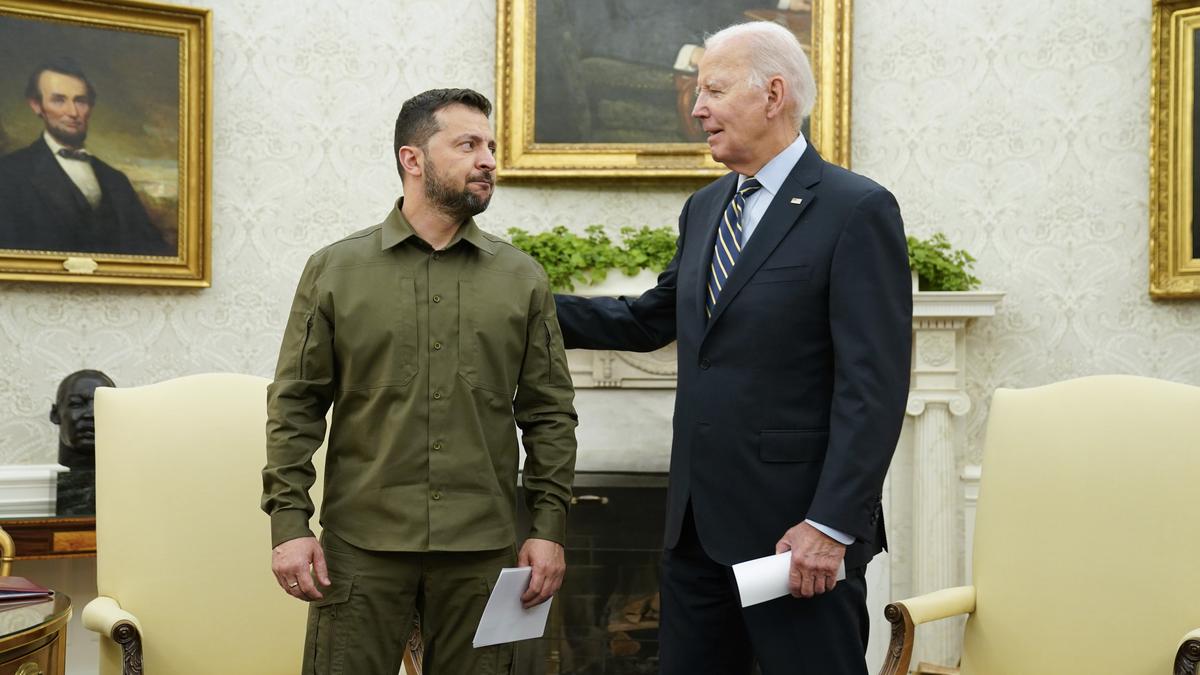In a significant shift in US policy, President Joe Biden has authorized the use of long-range American missiles by Ukraine to target locations within Russia, marking a notable escalation in the ongoing conflict between Ukraine and Russia. This decision comes as Biden prepares to transition power to Republican challenger Donald Trump in the final months of his presidency.
For months, Ukraine has been urging the US to approve the use of American-made long-range missiles, particularly the Army Tactical Missile System (ATACMS), to strike Russian military targets. However, Biden had previously been hesitant, concerned that such actions could escalate the conflict and provoke a broader confrontation with Russia. This decision represents a major turnaround, aligning with Ukraine’s urgent need for enhanced offensive capabilities to shift the momentum in the war.
A Critical Shift Amid Growing Pressure
While Biden had long faced pressure from both US lawmakers and international allies—especially from Britain—this change in position reflects a new assessment as the war extends into its second year. In recent months, as the conflict has intensified, public opinion and political pressure have increased, calling for the US to adopt a more active role in supporting Ukraine’s defense efforts.
With Russia continuing its aggressive campaign against Ukraine, the Biden administration has reassessed its strategic priorities, now viewing the provision of long-range missiles as essential for Ukraine’s ability to defend its sovereignty and diminish Russia’s military edge.
Trump’s Position on Ukraine Remains Vague
As Biden’s decision complicates the international response to the conflict, former President Donald Trump, who is running for re-election, has offered little insight into his views on the ongoing war in Ukraine. Trump has not outlined a clear plan for how he would seek to resolve the conflict, leaving many uncertain about how his administration might handle the situation if he were to return to office.
While Biden’s administration has reaffirmed its commitment to Ukraine’s sovereignty, Trump’s lack of clarity has raised concerns about the future of US foreign policy in the region, especially in light of his previous comments suggesting a reduction in US involvement in overseas conflicts.
Consequences for Global Security and US-Russia Relations
The authorization for Ukraine to use long-range missiles represents a significant moment in US foreign policy, with repercussions that go beyond the battlefield. This decision is likely to further strain US relations with Russia, as it directly threatens Russian territory and tests Moscow’s military capabilities.
As Biden’s decision ushers in a new phase of the conflict, the world will be watching closely for Russia’s and its allies’ reactions, particularly as diplomatic efforts to resolve the war appear increasingly unlikely to succeed in the near future. With President Biden’s shift in policy, the future of US engagement in the conflict and its global alliances remains uncertain as the situation in Ukraine continues to evolve.





